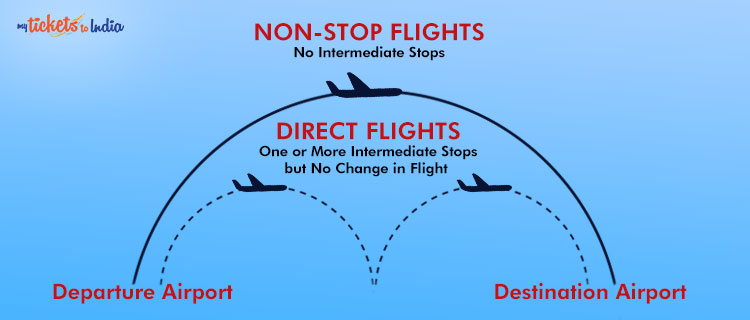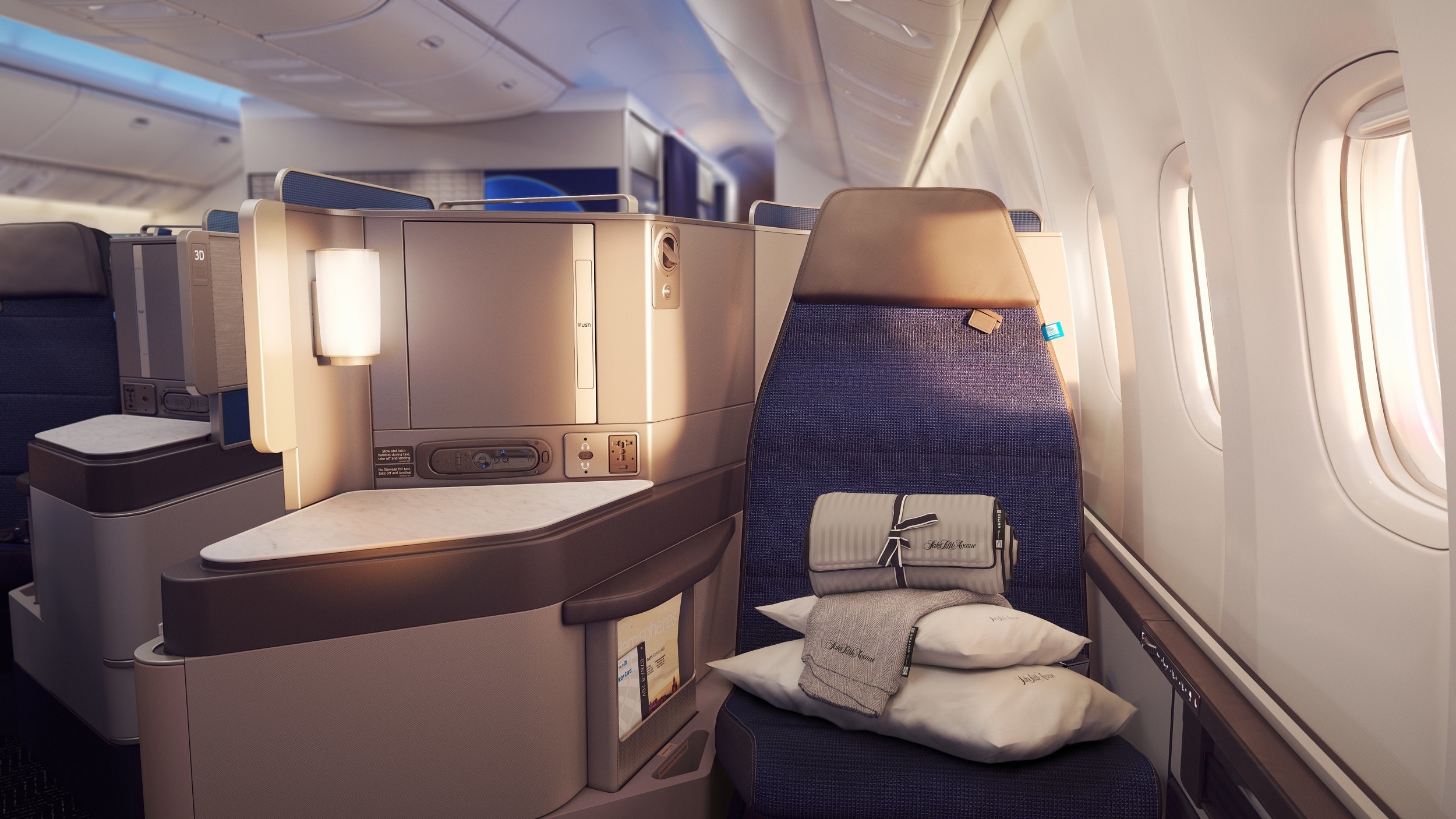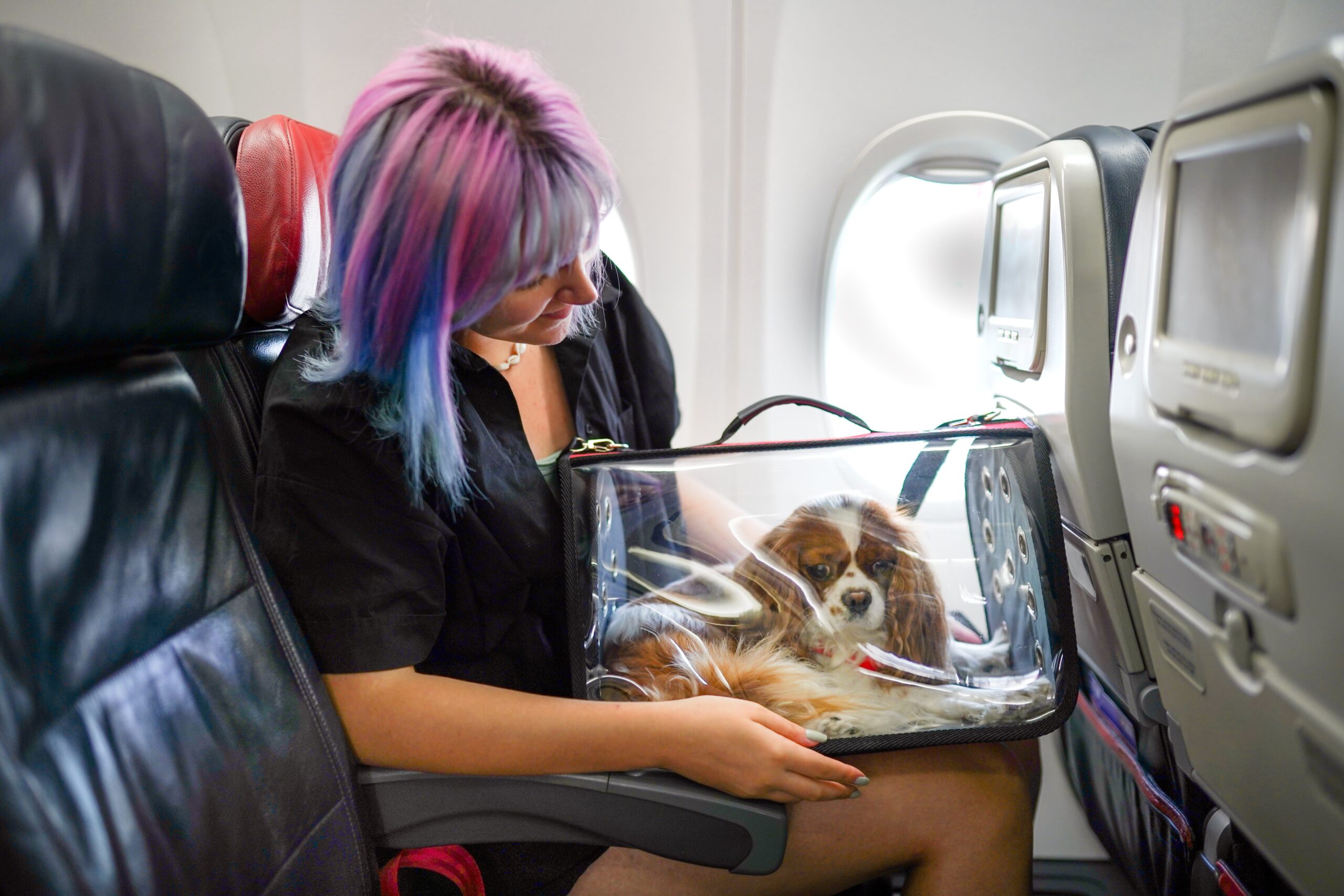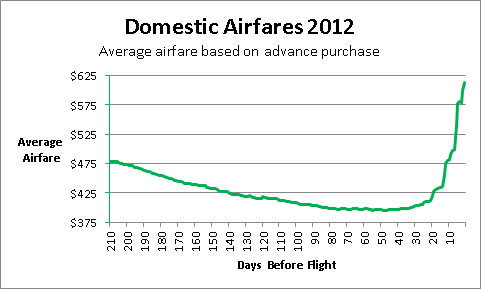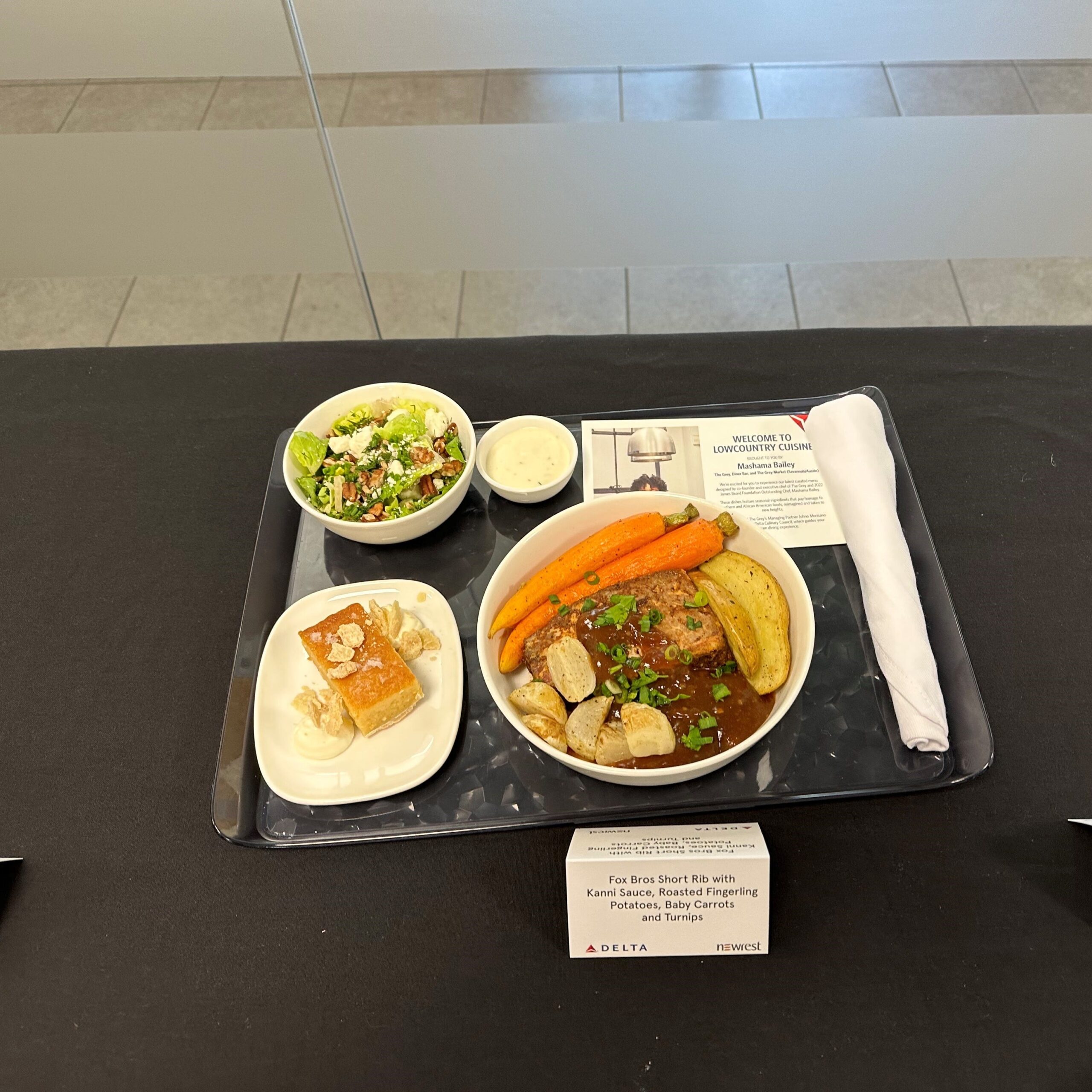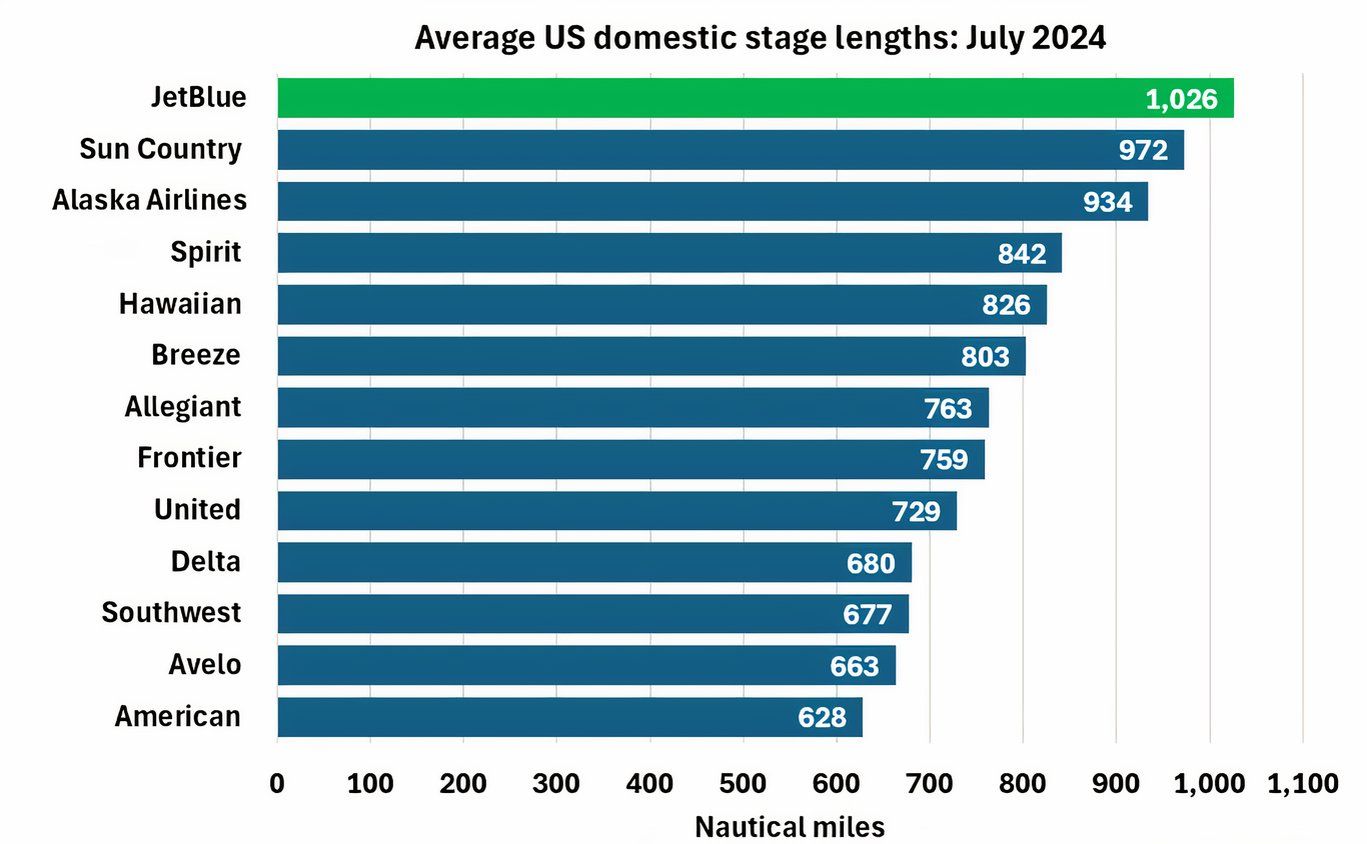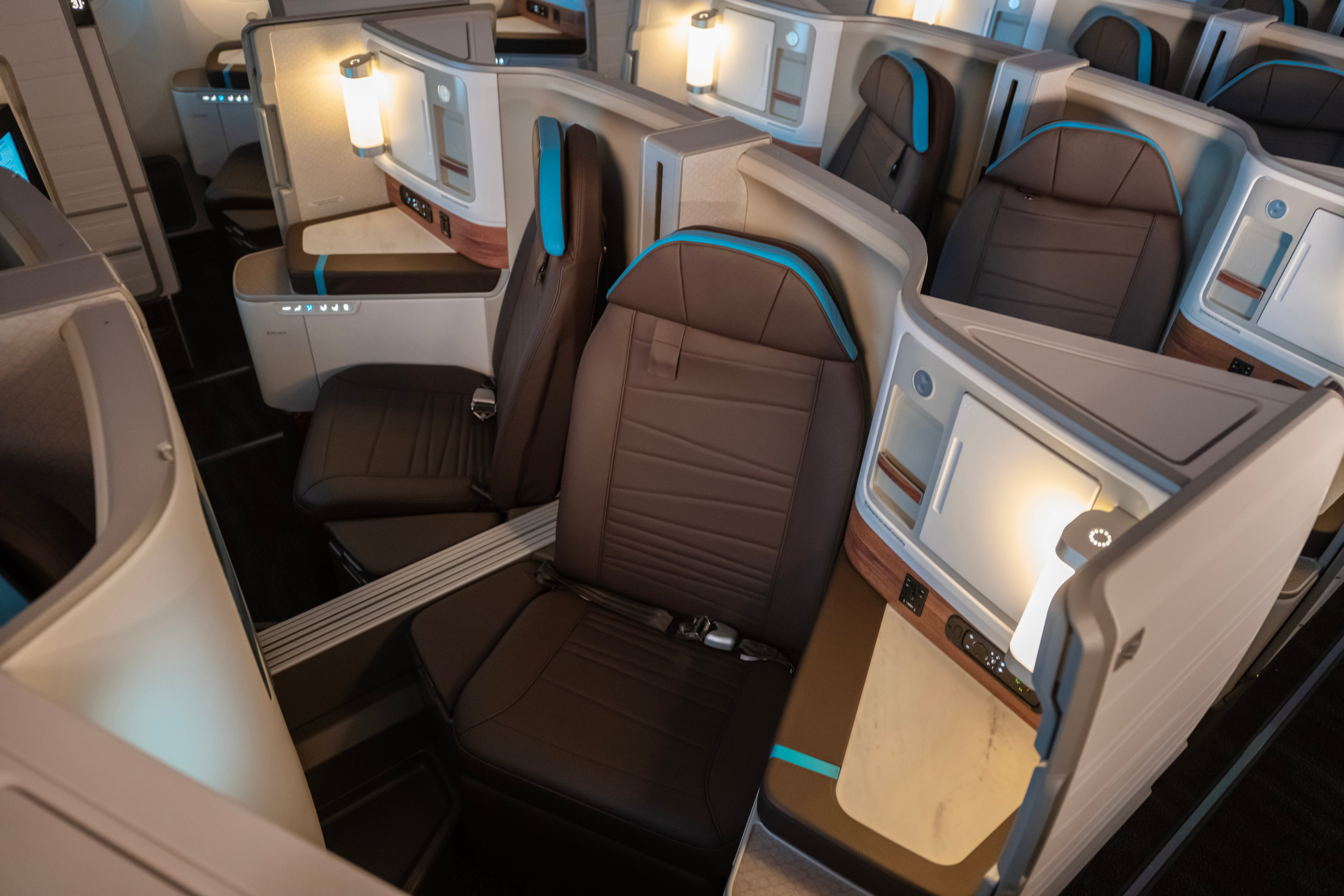
Every year, millions of passengers embark on domestic flights, and yet, choosing the right airline can feel overwhelming without a clear guide. Loyalty programs, seat comfort, and unforeseen cancellations are top concerns for frequent travelers searching for the best experiences. Airlines like Southwest thrive on their no-change-fee policy, while Delta dazzles with impeccable punctuality, setting benchmarks in customer satisfaction surveys.
Historically, the reputation of airlines like JetBlue for in-flight entertainment and spacious seating has lured in numerous patrons. Notably, Alaska Airlines has topped charts in operational efficiency and service quality, with staggering on-time arrival statistics. This landscape reveals that balancing cost, reliability, and amenities remains crucial for pinpointing top-tier domestic airlines.

What are the Best Airlines for Domestic Flights?
When picking the best airlines for domestic flights, different factors come into play. Some passengers prioritize cost, while others value comfort and amenities. Reliability and punctuality are often key factors influencing these choices. Each airline has its strengths, catering to the diverse needs of travelers. Let’s explore some airlines that stand out in the field.
Southwest Airlines is famous for its friendly service and no-fee policy on flight changes. This can be a significant advantage for travelers with unpredictable schedules. Delta Airlines is another top choice, known for its on-time performance. Their excellent customer service adds to the appeal. Many passengers appreciate their comprehensive loyalty program too.
JetBlue is renowned for its in-flight entertainment options and spacious seating. It offers free Wi-Fi and various snacks, which add to the travel experience. Alaska Airlines shines in efficiency and quality of service. Their on-time performance consistently ranks high among the best. These airlines are popular for a reason.
When choosing an airline, it’s helpful to consider what’s most important for your travel needs. Cost, comfort, punctuality, and customer service can significantly impact your decision. Some travelers enjoy the added perks of loyalty programs. Remember, each airline offers a unique combination of benefits. Understanding these can help in making better travel choices.
Southwest Airlines: More than Just Friendly Service
Southwest Airlines is well-known for its friendly atmosphere, but it offers much more than that. It’s a popular choice for budget-conscious travelers due to competitive pricing. The airline’s unique policy of no fees for flight changes or cancellations is a big win for flexibility. This means travelers can adjust plans without the worry of extra costs. Southwest’s customer-first approach sets it apart.
One notable feature of Southwest is its “Bags Fly Free” policy. While many airlines charge for checked luggage, Southwest allows passengers to check up to two bags at no additional cost. This can make a significant difference for families or those with heavy luggage. The policy highlights their commitment to providing value. It’s a reassuring perk for many travelers.
The airline’s boarding process is also unique compared to others. Instead of assigned seats, Southwest uses an open seating method. This approach lets passengers choose any available seat when boarding, encouraging early arrivals to the gate. Although it might sound unusual, many frequent flyers enjoy this system. It’s a different way to make flying feel relaxed and personal.
With its focus on customer experience, Southwest Airlines maintains a strong reputation in the industry. Travelers often praise their efficient service and friendly staff. For those looking for a reliable and affordable option, Southwest is a top contender. The airline consistently ranks high in customer satisfaction. It’s clear why so many choose Southwest for domestic travel.
Delta Airlines: Punctuality and Reliability Personified
Delta Airlines stands out in the aviation industry, mainly due to its reputation for punctuality and reliability. The airline consistently operates with minimal delays, which is a huge plus for travelers who value timeliness. Delta’s impressive track record of on-time flights makes it a leader in the industry. This reliability ensures passengers can plan their journeys with confidence. Traveling with Delta means fewer disruptions.
Beyond punctuality, Delta has invested heavily in ensuring a comfortable travel experience. The airline offers a variety of cabin options, from basic economy to Delta One suites. Each cabin provides different levels of comfort and service to meet diverse needs. Passengers appreciate the range of options available. This flexibility contributes to a positive flying experience.
Delta also boasts a robust customer service network. Travelers can easily access help through multiple channels, including in-person support, online chat, and phone lines. Delta’s commitment to assisting passengers reflects its customer-centered approach. This dedication sets it apart from many competitors. Having reliable support can make journeys less stressful.
Another highlight of Delta is its loyalty program, SkyMiles. The program rewards frequent flyers with miles that can be redeemed for free flights, upgrades, and more. Members benefit from exclusive perks and partners worldwide. The program encourages loyalty by offering real value. Delta’s combination of punctuality, service, and rewards makes it a top choice in domestic air travel.
JetBlue: Redefining In-flight Entertainment
JetBlue has made a name for itself by revolutionizing in-flight entertainment. Passengers are treated to a vast array of options, making flights more enjoyable. Each seat boasts a personal TV screen, offering over 100 channels of live television. This feature is a favorite among travelers who want to stay connected or catch up on shows. Additionally, the airline offers newly released movies for film enthusiasts.
Beyond just TV and movies, JetBlue provides free, high-speed Wi-Fi to all passengers. This means travelers can stay online, stream content, or even work during their journey. The availability of free Wi-Fi sets JetBlue apart from many other airlines. Passengers can easily connect their devices without any extra charges. For many, this is a game-changer in staying productive or entertained.
The variety of music and games also enhances the entertainment experience on JetBlue flights. Passengers can listen to a curated selection of music or play games during their flight. These options make long flights pass swiftly. It’s clear that JetBlue seeks to provide more than just a flight; they offer an experience. Their efforts in entertainment truly shine.
JetBlue’s focus on passenger comfort doesn’t end with entertainment. They offer spacious seats with extra legroom in their “Even More Space” section. This ensures that passengers have a comfortable journey, even on long-haul flights. Combining comfort with top-tier entertainment makes JetBlue a popular choice. Travelers appreciate these thoughtful amenities.
The commitment to keeping passengers entertained and comfortable reflects JetBlue’s broader goals. Staying ahead in technology and services is essential for any airline. JetBlue continues to set a standard by listening to their passengers’ needs. The efforts are clearly paying off as they maintain high customer satisfaction levels. Modern air travel demands such innovation and versatility.
Alaska Airlines: Winning in Operational Efficiency
Alaska Airlines takes pride in its reputation for operational efficiency. Consistently leading the industry in on-time arrivals, it’s no surprise that many passengers choose to fly with them. This commitment to punctuality ensures travelers reach their destinations without unnecessary delays. Alaska Airlines’ reliability has earned it numerous awards and high customer satisfaction ratings. Their focus on streamlined operations truly stands out.
The airline’s success is rooted in several key strategies. Efficient scheduling, well-maintained aircraft, and a dedicated staff contribute to their performance. Alaska Airlines employs advanced technology to track and manage flight operations. This proactive approach minimizes disruptions and keeps flights on schedule. Their streamlined systems help maintain their reputation as a punctual airline.
Another area where Alaska Airlines excels is customer service. Friendly staff and smooth check-in processes enhance the overall travel experience. Passengers often appreciate the hassle-free boarding and personalized attention. This commitment to service extends beyond the onboard experience. Alaska Airlines ensures passengers feel valued from the moment they enter the airport.
Alaska Airlines also leads in sustainability efforts. The airline has introduced innovative measures to reduce its carbon footprint. Initiatives include more fuel-efficient aircraft and recycling programs on all flights. These eco-friendly practices reflect their commitment to the environment. Making travel greener is a priority for Alaska Airlines.
Their Mileage Plan is another advantage for frequent travelers. Offering competitive rewards and partner alliances, the program adds value to each flight. Earned miles can be redeemed for various travel perks, enhancing customer loyalty. Alaska Airlines continues to win passengers with its focus on operational excellence and customer experience. Their efforts make traveling with them rewarding and efficient.
Elements to Consider When Evaluating Airlines for Domestic Flights
Choosing the right airline for a domestic flight involves several key elements. Price is often a primary concern for many travelers. It’s important to compare fares and check for hidden fees, such as baggage charges. Airlines like Southwest, which offer free checked baggage, might appeal to budget-conscious flyers. Balancing cost with other factors is essential.
Punctuality is another crucial factor when selecting an airline. Some airlines, like Delta and Alaska, are renowned for their on-time performance. Reliable schedules can make the difference between a smooth journey and a frustrating ordeal. Checking airline statistics for delays can be helpful. It ensures travelers avoid unpleasant surprises.
Onboard comfort and amenities also play a significant role. Passengers might look for options like spacious seating, in-flight entertainment, and Wi-Fi accessibility. Airlines such as JetBlue emphasize these features to enhance passenger experience. Evaluating what each airline offers can help in making an informed choice. Comfort can greatly impact overall satisfaction.
Customer service shouldn’t be overlooked in the decision-making process. Airlines known for friendly and efficient service often leave passengers with positive experiences. Reading reviews or asking for fellow travelers’ recommendations can provide insights. Excellent service can make travel less stressful and more enjoyable. A supportive staff makes a noticeable difference.
Loyalty programs can also sway decisions when choosing an airline. Programs like Delta’s SkyMiles and Alaska’s Mileage Plan offer rewards that can accumulate for free flights or upgrades. Frequent flyers benefit significantly from these programs. Understanding the rewards can add value to frequent travel. It’s wise to research what each airline provides in terms of benefits.
Impact of COVID-19 on Domestic Flight Experiences
The COVID-19 pandemic brought significant changes to domestic flight experiences. Airports and airlines implemented stringent health protocols to ensure passenger safety. Mandatory mask-wearing, frequent sanitization, and social distancing became the norm. These measures helped reduce the spread of the virus but also altered the usual flow of travel. Passengers adapted quickly to these new routines.
Flight schedules were significantly impacted as well. Many airlines had to reduce or adjust their routes due to decreased demand. This led to fewer flights and sometimes necessitated longer wait times for travelers. Adjusting schedules allowed airlines to optimize resources efficiently during a challenging period. The frequency of alterations kept travelers alert about potential changes.
One unexpected upside was the increase in digital services offered by airlines. Many carriers embraced contactless check-in processes, allowing passengers to check in via mobile apps or online platforms. In-flight services evolved with digital menus and entertainment systems accessed through personal devices. This move towards technology streamlined many aspects of air travel. It minimized the need for close interactions between passengers and crew.
Passenger behavior also shifted during the pandemic, influencing how they booked flights and interacted on board. Flexible booking policies became crucial since many travelers sought options with easy cancellations or alterations without penalties. Airlines like Southwest maintained strong customer relations by offering fee-free changes, enhancing trust among passengers despite uncertainties in planning trips.
The focus on hygiene extended beyond airplanes to airports themselves, resulting in enhanced procedures such as touchless security checks and hand sanitizer stations placed throughout terminals, providing peace of mind for nervous flyers venturing back into air travel amid ongoing health concerns worldwide
The Future of Domestic Air Travel: What Passengers Can Expect
The future of domestic air travel looks promising as airlines focus on innovation and passenger experience. With technology advancing rapidly, passengers can expect more automation at airports. From seamless check-ins to streamlined security checks, technology will simplify the travel process. Contactless services are likely to become the norm, ensuring greater convenience and safety. This will make the airport experience smoother than ever.
Sustainability is also becoming a primary goal for many airlines. To reduce environmental impact, more airlines will invest in fuel-efficient aircraft and adopt eco-friendly practices. Some carriers may even explore using sustainable fuels. Adjustments like these will cater to environmentally conscious travelers. This shift is crucial in addressing environmental concerns.
In-flight experiences are expected to undergo exciting transformations. Enhanced entertainment systems will offer personalized options for passengers. Improved connectivity will make high-speed Wi-Fi more accessible during flights, allowing for nonstop streaming or working in the air. These advancements will cater to both leisure and business travelers alike. Innovation in onboard amenities remains a priority.
Airlines will likely expand loyalty programs, providing even more value to frequent flyers. Enhanced partnerships and rewards can create unique benefits for members. Loyalty programs may extend beyond flights, offering perks with hotels or restaurants. These initiatives boost customer retention and satisfaction. Passengers should explore these memberships for added perks.
Health and safety will remain significant aspects in the future of air travel. Airlines will continue to implement measures to ensure passenger well-being. From enhanced cleaning protocols to improved air filtration systems, safety will be prioritized. Passengers can feel reassured in knowing that their health is a top concern. The commitment to maintaining high safety standards is here to stay.
Frequently Asked Questions
When considering domestic flights, passengers often have a variety of queries regarding comfort, cost, and convenience. Below are some of the most commonly asked questions to help you in making informed travel decisions.
1. How can I find the cheapest domestic flights?
To find the most affordable domestic flights, it’s essential to be flexible with your travel dates. Tuesdays and Wednesdays are generally the cheapest days to fly. Websites like Google Flights or Skyscanner can help you compare different airlines and prices efficiently. Consider setting price alerts to get notified of fare drops.
Booking in advance can also save money. Airlines often release seats months before the departure date. Sign up for newsletters from airlines to catch exclusive offers and deals. Lastly, consider flying into or out of alternative airports, as smaller airports might offer cheaper flight options.
2. What should I consider when choosing a seat for a domestic flight?
When picking a seat, consider your priorities like legroom, price, or convenience. Seats closer to the front often mean a quicker exit upon arrival, but may come at a premium. For extra legroom, consider selecting an exit row or upgrading to a premium economy seat if the budget allows.
Keep in mind that window seats offer views and a place to rest your head, while aisle seats provide more freedom to move around. Tools like SeatGuru can offer insights into specific seat features for various airlines and aircraft. These tools can enhance your travel experience by ensuring comfort.
3. What are some must-have travel essentials for domestic flights?
Some essential items can make your domestic flight more comfortable and enjoyable. Noise-canceling headphones are a lifesaver for blocking out unwanted sounds and enjoying in-flight entertainment. A neck pillow ensures better rest on shorter flights. Always carry a reusable water bottle to stay hydrated, and refill it after airport security checks.
In addition to personal comfort items, a portable charger can be essential, especially on longer flights without available seat power outlets. Consider packing snacks and a digital or physical book to occupy your time. Lastly, hand sanitizers and sanitizing wipes remain crucial for maintaining good hygiene throughout your journey.
4. How do frequent flyer programs work for domestic flights?
Frequent flyer programs allow you to collect miles or points every time you fly with a particular airline. These points can be redeemed for free flights, upgrades, or even products and gift cards. Signing up for these programs is usually free and can be done through the airline’s website.
Most programs also offer tiers, meaning the more you fly, the more benefits you receive, such as faster check-ins or lounge access. Make sure to read the terms and see if points expire; some programs also allow you to combine points with family members. Participating smartly in these programs can lead to significant travel benefits.
5. What should I do if my domestic flight is delayed or canceled?
If your domestic flight is delayed or canceled, the first step is to stay informed. Airlines usually update their websites and mobile apps with real-time information. You should also check your email and texts for official notifications. Head directly to customer service for assistance and possible rescheduling options.
Being aware of your rights as a passenger is important. Policies vary among airlines, but they may offer compensation or accommodation if cancellations are within their control. Consider travel insurance for peace of mind and coverage for unexpected delays. Having a backup plan can reduce the stress of travel disruptions.
Conclusion
In the realm of domestic air travel, selecting the right airline is a blend of personal preferences and practical considerations. Travelers should weigh options like costs, comfort, punctuality, and customer service to find the best fit. The aviation landscape continues to evolve, and being informed helps in making the most suitable choices.
Understanding current trends, from technological advancements to eco-friendly initiatives, is essential for those planning domestic flights. As airlines innovate and improve, passengers can look forward to safer and more efficient travel experiences. Staying updated and adaptable ensures satisfaction in each journey taken.

